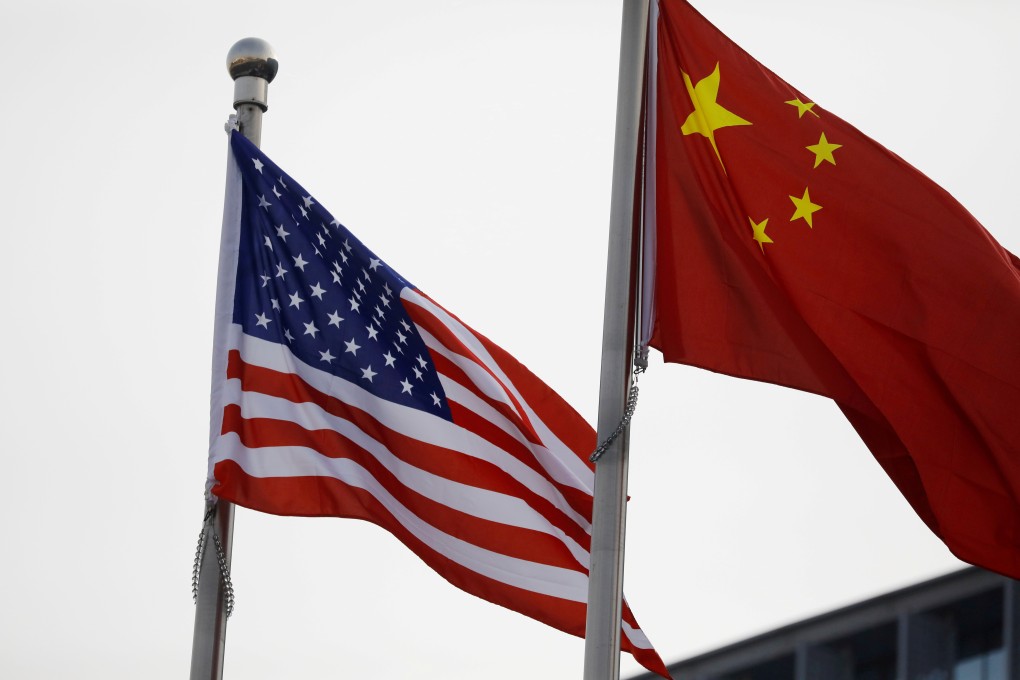Advertisement
Chinese foreign ministry accuses US envoy to Hong Kong of ‘smearing’ recent electoral overhaul
- Spokesman for China’s foreign ministry office in the city says US consul general cheered on ‘anti-China troublemakers’
- Ministry also defends electoral overhaul, saying it ‘will help increase the efficiency of Hong Kong’s governance, and safeguard national security’
Reading Time:4 minutes
Why you can trust SCMP
33

Beijing’s foreign ministry has accused the United States’ envoy to Hong Kong of “blatantly supporting anti-China troublemakers” and making threats a day after he said its drastic overhaul of the city’s electoral system would neither produce “meaningful democratic results” nor credibly represent the will of the people.
Without naming US Consul General Hanscom Smith, a spokesman for the Chinese foreign ministry’s Hong Kong office issued a statement on Friday slamming Washington’s envoy for publicly “smearing” Beijing’s imposition of the national security law last June and its sweeping revamp of the city’s political system this week.
“He made much effort to support and cheer for anti-China troublemakers who mess up Hong Kong, and threatened us with so-called sanctions. This has blatantly trampled upon the basic principles of international law and relations, and we strongly reprimand and firmly oppose that,” the spokesman said.
In a separate statement, the spokesman also criticised an op-ed by Smith published by the Post on Friday that said Beijing had “squelched democratic representation” and “dismantled” Hong Kong’s high degree of autonomy with its security law and electoral overhaul.
Advertisement
The spokesman said the US was not qualified to meddle in Hong Kong affairs under the guise of human rights, freedom and democracy, and accused it of being “hypocritical”.
“The article twisted right and wrong,” the spokesman said. “It again exposed the United States’ deep-rooted ideological prejudice, notorious ‘double standard’, as well as its self-centred arrogance and bullying attitude.”
Advertisement
The National People’s Congress (NPC) Standing Committee on Wednesday approved changes to Hong Kong’s political system that, among other things, granted the establishment-dominated Election Committee – originally tasked with picking the chief executive – the power to nominate all candidates for lawmaker positions and to elect 40 representatives of its own to the Legislative Council.
Advertisement
Select Voice
Select Speed
1.00x